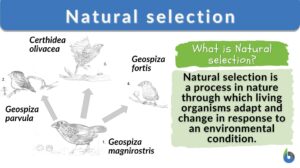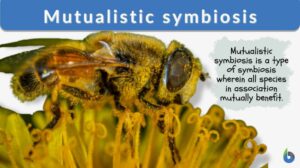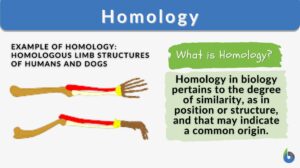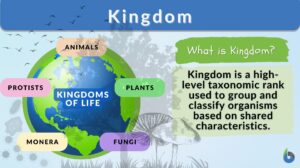Search Results for: light sense
Light sense
Light sense The ability to perceive variations in the degree of light or... Read More
Plant Metabolism
Introduction Plants are responsible for incredible feats of molecular transformation. The processes are always being... Read More
Sense Organs in Insects
By Sachin ChorgeArticle submitted on January 2008 Article accepted on February 2008 Senses are the... Read More
Chronobiology
Chronobiology Definition Chronobiology is a branch of biology that studies time-related phenomena (e.g., biological... Read More
Growth and Plant Hormones
Growth All living organisms begin in the same form: as a single cell. That cell will divide and the resulting cells will... Read More
Sensory Systems
A sensory system is a part of the nervous system consisting of sensory receptors that receive stimuli from the internal and... Read More
Light energy
Definition noun A form of energy consisting of particle-like photons with wavelike properties, and in which affects the... Read More
Blindness – Evolutionary regression? Maybe not!
The recent Netflix's hit flick, Bird Box, surely startled the viewers with the thrilling scenarios revolving around the... Read More
Sense organ
Definition noun, plural: sense organs An organ or structure that has nerve endings capable of detecting and reacting to a... Read More
Natural selection
Natural Selection Definition What is natural selection in biology? Natural selection is defined as a process in nature... Read More
Mutualistic symbiosis
Mutualistic Symbiosis Definition In order to understand what a mutualistic symbiotic relationship means, we will break down... Read More
Electromagnetic spectrum
Definition noun The spectrum of all types of electromagnetic radiation Supplement The electromagnetic spectrum includes... Read More
Living things
Living Things Definition A living thing pertains to any organism or a life form that possesses or shows the characteristics... Read More
Convoluted
The word convoluted is often used to describe different things, especially structures or components, that have overlapped.... Read More
Electromagnetic radiation
Definition noun The radiation that consists of associated, interacting electric and magnetic field waves traveling at the... Read More
Equilibrioception
Definition noun, plural: The sense of balance in humans and animals that involves visual system, vestibular system, and... Read More
Visible light
Definition noun The electromagnetic radiation with wavelengths between 400 nm and 750 nm and can produce a visual... Read More
Nervous System
THE is the most complicated and highly organized of the various systems which make up the human body. It is the... Read More
Embryology
Embryology Definition Embryology is a branch of biology that deals with the topics concerning gamete formation... Read More
Afferent Nerve
Afferent Nerve Definition The word ‘aferent’ means "steering or conducting something towards a destination". The... Read More
Human Perception – Neurology
A better understanding of human perception unlocks the key to how the mind works, an advantage when working with people with... Read More
Basal lamina
Definition noun (histology) A layer of extracellular matrix found on the basal surface of epithelial cells, and which is... Read More
Cross-linking
Cross-linking Definition Cross-linking, in general, means the forming of cross-links between the joining structures. In... Read More
Y chromosome
Y chromosome Definition The Y chromosome constitutes one member of the pair of sex chromosomes within an organism, a common... Read More
Nocturnality
Definition noun, plural: nocturnalities (1) The condition of being active or occurring during the night (2) The active... Read More

























